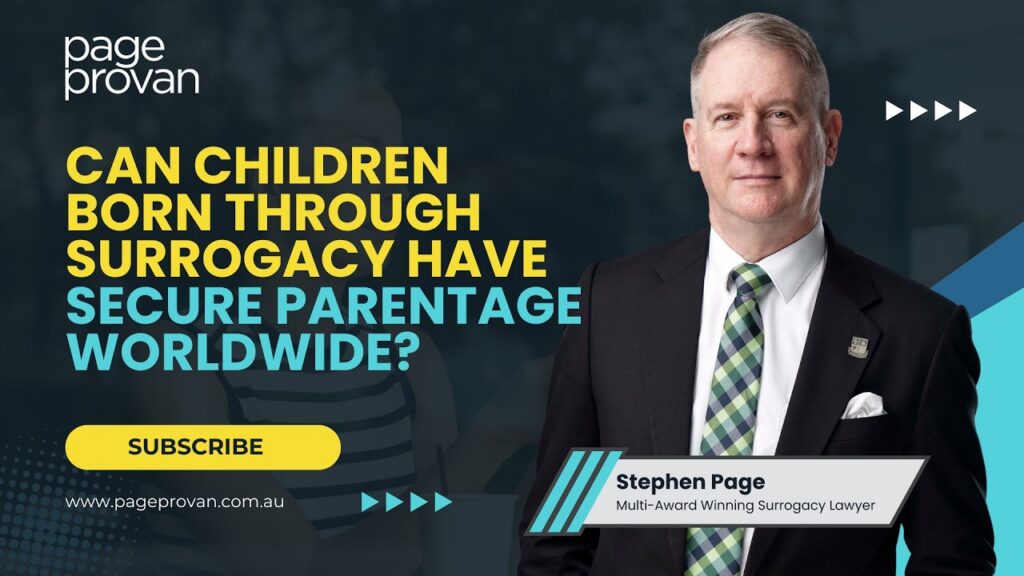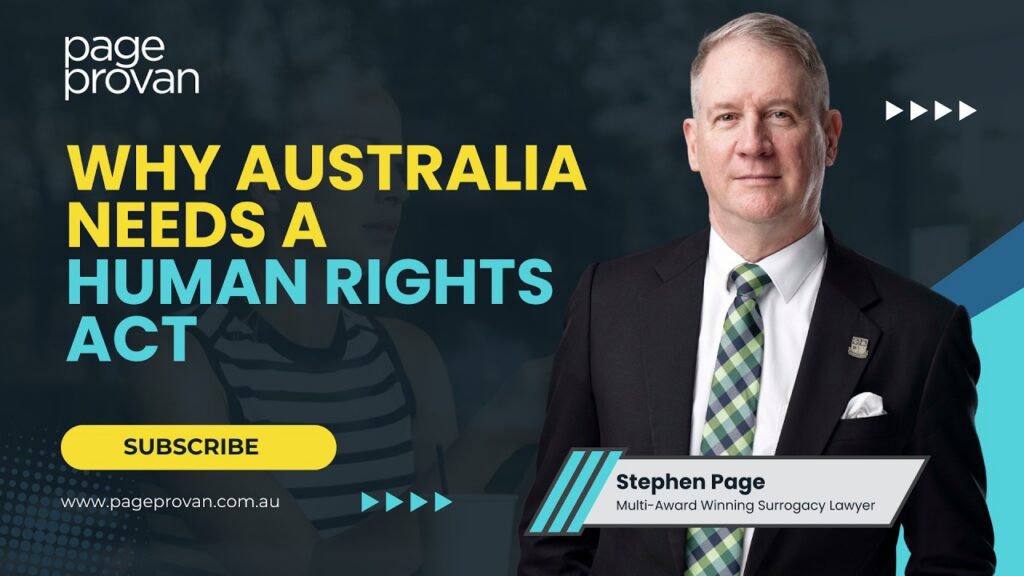My 2016 wishlist
1. Stop the persecutions!
In too many countries it remains illegal to be gay or have gay sex. Lynchings have been reported in countries such as Nigeria and Uganda. Anwar Ibrahim remains in jail in Malaysia for sodomy, in what is widely seen as a politically motivated prosecution. It was only in 1994 in Australia that the Human Rights (Sexual Conduct) Act was passed by the Commonwealth Parliament that sodomy and oral sex were no longer criminal offences in any part of Australia – when it was between consenting adults in private. That legislation was passed only after Australia had been named and shamed at the United Nations.
In countries such as Pakistan, death by stoning remains the punishment for sodomy.
In our own region, sodomy remains an offence in PNG, parts of Indonesia (such as Aceh), Malaysia, Myanmar and Vietnam.
While we want, and deserve to have equality, whatever disadvantages LGBTI people may suffer here pales into comparison with State sanctioned violence and punishment of LGBTI people in some countries abroad.
2. We are all equal!
The basics for our democracy were set in the Age of Enlightenment. After Thomas Paine wrote The Rights of Man, the basic notion of equality was recognised as a fundamental of the new concepts of human rights and of democracy. Jefferson expressed it as “all men are created equal” and the French as one of the three slogans: “Liberty! Equality! Fraternity!”
And yet, despite this basic premise, the law has continued to discriminate. I hope that in 2016 LGBTI people will be able to have their relationships recognised, and that equal marriage laws are the law of the land. I hope that my marriage to my husband Mitchell will be recognised as legal, after it has been recognised as legal in the US, by friends and family and in the eyes of God.
3. I want to be able to walk in the street holding hands without copping abuse
My husband and I love each other to bits. We love walking and holding hands, as do many other couples. Many gay and lesbian couples don’t hold hands, out of fear of consequences. It is our lawful right to do so, and we should be able to do so without fear!
It may seem counter-intuitive, but Brisbane is more accepting to us when we have walked down the street holding hands than Sydney, Adelaide and particularly Melbourne.
Having said that, it was only yesterday that we were walking in Brisbane’s CBD when a stranger, who incidentally was holding his girlfriend’s hand, called us “dirty faggots”. What a grub.
4. We can form families without discrimination
It remains perverse in this country that throughout Australia, LGBTI couples are able to be foster carers for the children most at risk, but several jurisdictions, including my own, Queensland, continue to say that same sex couples are unable to adopt- because of their sexuality.
It is also sad, and discriminatory that the laws of Western Australia and South Australia discriminate against intended parents due to their relationship status or sexuality.
Queensland’s Anti-Discrimination Act still allows IVF clinics to discriminate on the basis of sexuality. In South Australia, for example, IVF doctors are prohibited from helping gay men have children, or from helping lesbian couples have children unless the lesbian couples are medically infertile.
I hope that we can have, as the Federal Government recently promised at the United Nations in Geneva, a removal of this discrimination so that the government doesn’t get to pick and choose who gets to be a parent, or in the words of one of my old clients: “Governments don’t play God.”
5. We can be employed on the basis of our merit, not our sexuality
While this might be thought of as a basic human right, this is not the case necessarily. For example, in Queensland teachers working in religious schools can be discriminated against if they are selected or appointed “to perform functions in relation to, or otherwise participate in, any religious observance or practice” as undoubtedly the religious school would require them to do so.
6. Gay teens need not fear prosecution
Of all the States, Queensland alone defines the age of consent for anal sex at 18 years, not 16. This puts greater risk on gay teens of prosecution and risky behaviour- at a time when the HIV rate is increasing in Queensland, not decreasing. The age of consent should be non-discriminatory and set at 16 as it is for oral sex and for vaginal intercourse.
7. Gay convictions should be expunged
Those who engaged in consensual gay sex for which they were convicted ought to have their convictions expunged- a move supported by the Human Rights Commissioner Tim Wilson, and in my home State at least, both sides of politics.
8. Gay panic defence should be abolished
This I would have thought would be a self-evident proposition, but it remains the law in both Queensland and South Australia. Both States have made noises about getting rid of gay panic defence, but it hasn’t happened yet.
9. The isolation of trans and intersex people ends
It remains deeply saddening, but the reality is that discrimination affects trans and intersex people seemingly even more than gays and lesbians. Trans and intersex people seem at times to be shunned even within the LGBTI community, which remains a shameful practice. When Dr Alan Berman wrote of homophobic and transphobic violence, I recall him mentioning to me that in some quarters people believed that trans people were “freaks”. What a disgusting, dehumanising attitude. Trans and intersex people are people and entitled to everyone else’s respect, civility and above all acceptance. This is something that all of us, irrespective of our relationship status or sexuality demand and expect everyday, and there is no reason that trans and intersex people are not entitled to their dignity and courteous treatment too.
For those who are sistergirls, this discrimination is embedded- both because of transphobia, and also racism towards Aboriginal people. Some compassion and understanding goes a long way!
10. People shouldn’t have to get divorced to say who they are
It is a disgrace that there is still a requirement in some States, such as Queensland, which requires that before a trans person gets their birth certificate altered that they must be divorced first. Which will it be sir- the marriage or the identity? What a horrible choice for that person and that couple to have to go through.
11. Remember the children…
Trans teens going through puberty have to get Family Court approval before they can have surgery or some medication, a process that is slow, arduous and can be financially crippling. We should be able to do much better for these teens and their families than the current cumbersome process.












